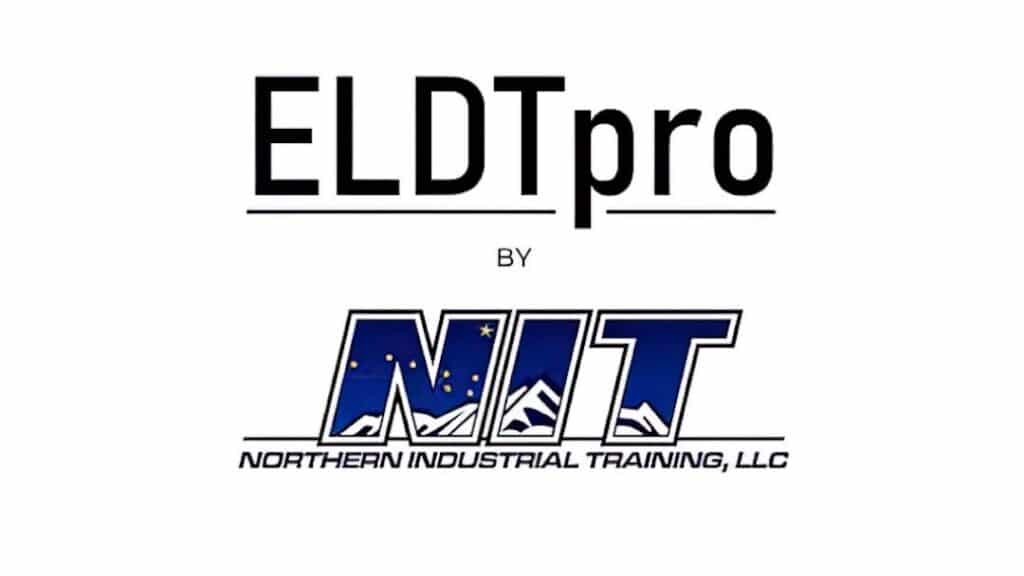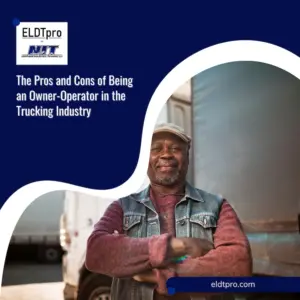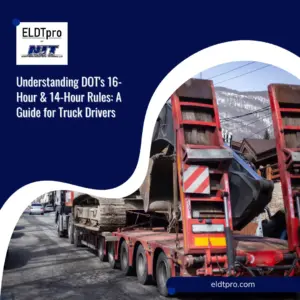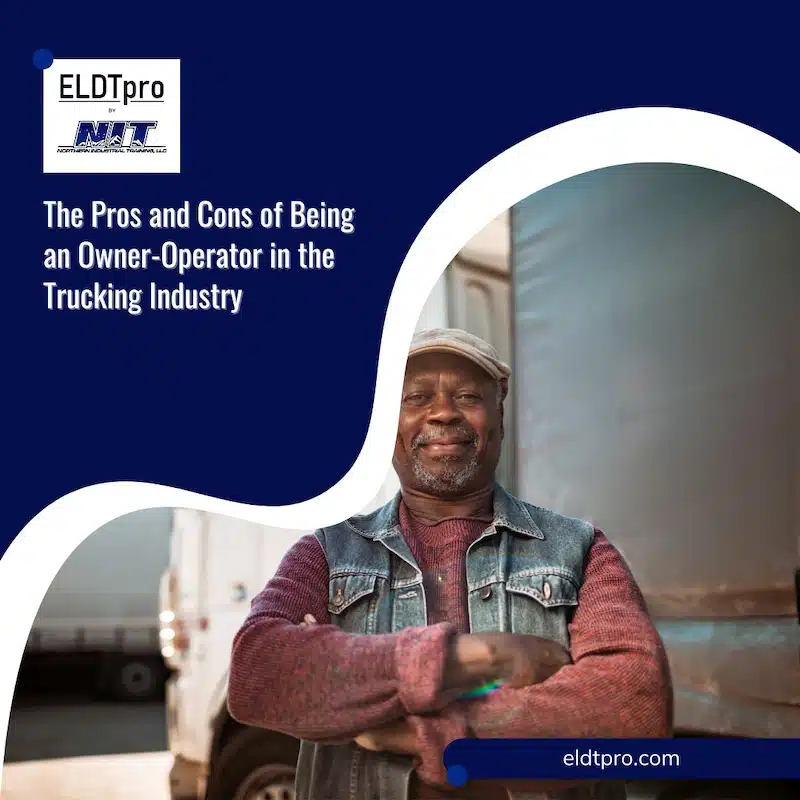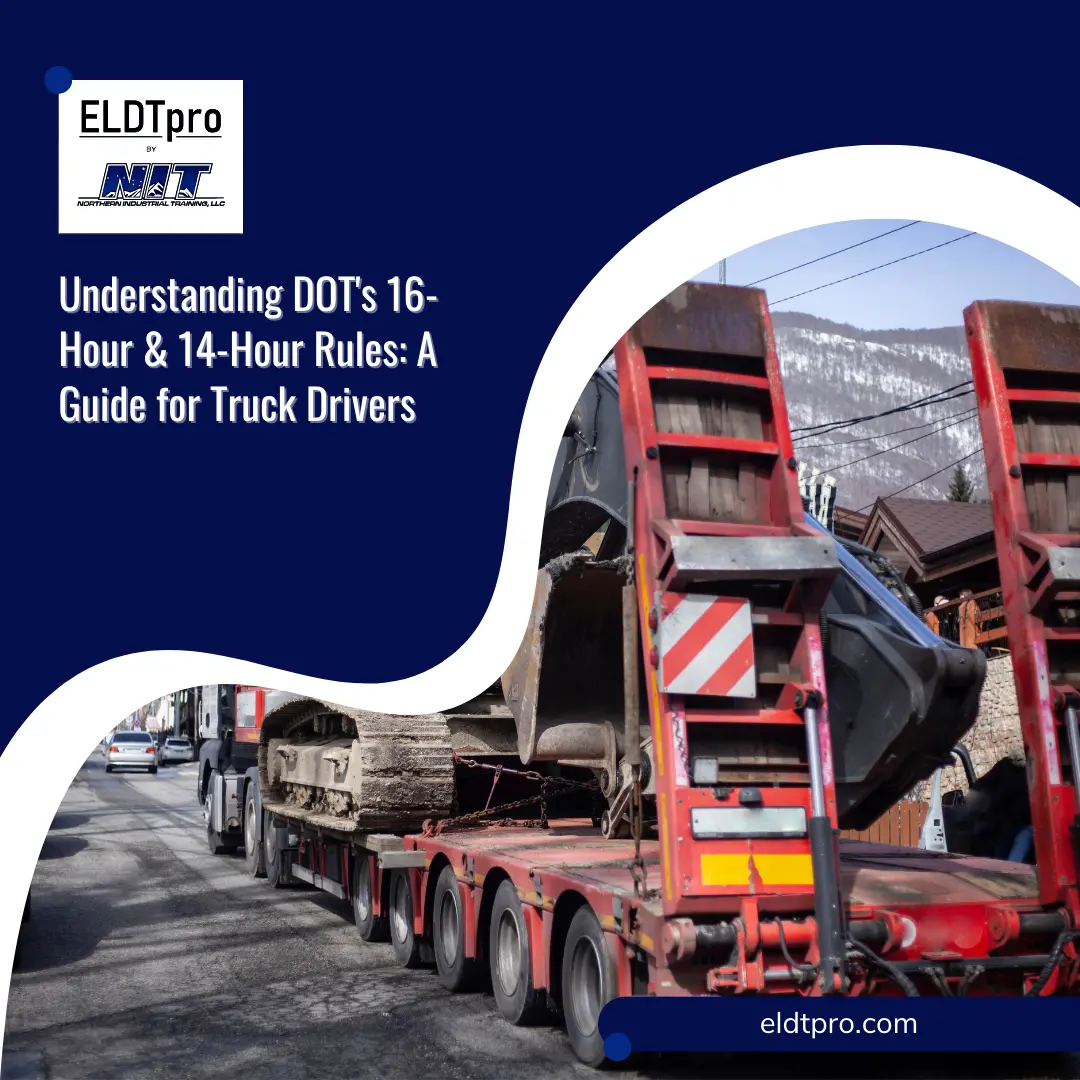As of February 7th, 2022, the Federal Motor Carrier Safety Administration (FMCSA) mandates that all commercial truck drivers applying for their Commercial Driver’s License (CDL), upgrading their CDL, or obtaining specific endorsements like Passenger (P), Hazardous Materials (H), or School Bus (S), must undergo training per 49CFR Part 380.
For truckers facing challenges in meeting the requirements of the Department of Transportation (DOT) physical examination, several resources and support options are available to help them navigate this crucial aspect of their profession.
Truckers often encounter difficulties with DOT physical requirements due to the demanding nature of their job, sedentary hours, and health risks associated with extended hours on the road. Whether it’s stress management, blood pressure control, maintaining a healthy diet, or addressing underlying medical conditions, there are steps truckers can take to improve their physical well-being and increase their chances of passing the DOT physical examination.
Here are some key support options and resources to aid commercial truck drivers struggling with DOT medical exams.
1. Professional Guidance and Tips

Websites like TBS Factoring provide valuable advice on approaching DOT physicals stress-free. They offer steps such as gathering necessary documents, disclosing accurate medical history, and focusing on health improvement for commercial motor vehicle drivers.
2. Health and Wellness Tips

Espyr Delivers Fit to Pass recommends prioritizing stress management, controlling blood pressure, maintaining a healthy diet, exercising, staying hydrated, and quitting smoking. Techniques like breathing and meditation can also help manage stress.
Ensuring you’re fit for the road is just one aspect of a trucker’s life. Dive deep into a day in the life of a commercial truck driver and get equipped to navigate DOT physicals with confidence.
3. Peer Reviews and Information

Landline Media highlights the importance of informed decisions when choosing a certified medical examiner for the DOT physical. The Owner-Operator Independent Drivers Association (OOIDA) provides valuable peer-based reviews of certified examiners beyond the national registry.
4. Understanding FMCSA Grants

FMCSA provides grants to support motor vehicle safety initiatives, including CDL program implementation and CMV operator safety training. These grants can indirectly contribute to drivers’ readiness for DOT physicals by promoting safer practices.
5. Certified Medical Examiners (CMEs)

Certified Medical Examiners conduct the DOT physical exam. DOT Compliance Services offers assistance in finding exam locations and staying compliant with FMCSA regulations.
6. Comprehensive Guides

Detailed guides such as “The Definitive Guide to DOT Physicals” offer in-depth information about DOT physicals’ requirements, procedures, and implications. They also offer resources about what to expect when you get a DOT physical.
7. Training and Preparation

ELDTPro emphasizes the importance of preparing for the DOT physical exam. We offer training programs that help drivers understand the process and requirements.
8. Medical Facilities

Trucker Physicals in NYC offers DOT physical exams for commercial drivers, including various services like Urine Drug Tests and Breath Alcohol Tests.
9. Our Blog (ELDTPro)

Our dedicated blog for commercial vehicle truck drivers offers a wealth of information and insights to help truckers confidently navigate DOT physical requirements. Our articles cover various topics, from tips on preparing for the DOT physical exam to in-depth guides on understanding the intricacies of the examination process to what to expect when you get a DOT physical.
Our team of experts understands truckers’ unique challenges and provides practical advice on maintaining physical well-being, managing stress, and addressing health concerns. ELDTPro is committed to being a reliable resource that empowers truckers to succeed in their careers while prioritizing their health.
Truckers can explore our blog for valuable tips, personal anecdotes, and up-to-date information that can contribute to their success in passing the DOT exam. With ELDTPro by their side, truckers can enhance their knowledge, improve their health, and confidently approach the DOT physical requirements.
FAQs about DOT Physical Requirements for Truckers:
What is a DOT physical, and why is it essential for truckers?
A DOT physical is a medical examination required by the Federal Motor Carrier Safety Administration (FMCSA) for commercial truck drivers to ensure they are fit for the demanding job of operating large vehicles on the road.
What are some common health issues that truckers face during DOT physicals?
Truckers often face challenges related to blood pressure, diabetes, sleep apnea, and obesity, affecting their ability to pass the DOT physical examination.
How can stress management benefit truckers preparing for DOT physicals?
Stress management techniques like meditation and deep breathing can help reduce stress levels, improve overall health, and positively impact the outcome of a DOT physical.
Are there specific guidelines for maintaining a healthy diet as a trucker?
Truckers can benefit from a diet rich in fruits, vegetables, lean proteins, and whole grains while limiting processed foods and sugary snacks.
What happens if a trucker fails the DOT physical?
If a trucker fails the DOT physical, they may need to address the health issues identified by the examiner and then retake the physical examination once they are deemed fit.
What happens if a commercial driver fails a drug test?
If a commercial driver fails a drug test, there can be severe consequences depending on the regulations and laws in the specific jurisdiction and the company’s policies. In general, the consequences may include:
- Suspension or Termination: Commercial drivers who fail a drug test may face suspension or even termination of their employment, as companies often have strict policies regarding drug use due to safety concerns.
- Legal Consequences: Failing a drug test could lead to legal consequences, such as fines, penalties, or even criminal charges if the driver was under the influence while operating a commercial vehicle.
- Loss of Commercial Driver’s License (CDL): A failed drug test can result in the revocation or suspension of the driver’s CDL, making it difficult or impossible for them to continue working as a commercial driver.
- Rehabilitation Requirements: Some companies and jurisdictions may require drivers who fail drug tests to complete rehabilitation programs before they can resume their driving duties.
- Difficulty Finding Future Employment: Failing a drug test could make it challenging for a commercial driver to find employment with other companies in the industry, as the failed test may appear on their record and affect their reputation.
Commercial drivers must understand their region’s specific regulations and policies and the consequences of failing a drug and/or urine test. Different jurisdictions and companies may have varying rules and procedures in place.
Can a truck driver wear hearing aids?
Yes, truck drivers can wear hearing aids. Hearing aids are devices designed to help individuals with hearing loss by amplifying sound and improving their ability to hear and communicate.
Many truck drivers with hearing loss wear hearing aids to enhance their hearing and ensure their safety on the road. Truck drivers must have good auditory perception to be aware of their surroundings, communicate effectively with others, and respond to potential hazards.
If you’re a truck driver considering wearing hearing aids, it’s advisable to consult with a hearing healthcare professional. They can assess your hearing loss and recommend the most suitable hearing aids for your needs. Additionally, some hearing aids come with features that can be helpful for truck drivers, such as noise reduction technology and connectivity options that allow them to connect to communication devices or GPS systems.
Remember that maintaining good hearing health is essential for overall well-being and safety, especially in professions requiring clear communication and environmental awareness, such as truck driving.
Will wearing contact lenses affect getting a commercial motor vehicle certification?
Wearing contact lenses should not directly impact obtaining a commercial motor vehicle (CMV) certification. However, it’s essential to consider a few factors:
- Visual Acuity Requirements: Different countries and regions may have specific visual acuity requirements for commercial motor vehicle drivers. Contact lenses can often correct vision issues like nearsightedness, farsightedness, and astigmatism, which could help meet these requirements.
- Medical Examination: As part of the CMV certification process, drivers usually undergo a medical examination. The DOT medical examiner will assess your overall health, including your vision. If your corrected vision (with contact lenses) meets the required standards, you should be eligible for certification.
- Comfort and Safety: While contact lenses can correct vision, it’s crucial to ensure that wearing them doesn’t cause discomfort, dryness, or any other issues affecting your ability to drive safely. Always follow the recommended wear and care instructions your eye care professional provides.
- Backup Glasses: It’s a good idea to have a pair of prescription eyeglasses as a backup in case you cannot wear your contact lenses for any reason.
In conclusion, commercial truck drivers can overcome the challenges of getting a DOT medical exam by utilizing the various support options and resources available to them. Taking proactive steps towards health improvement and leveraging professional guidance can lead to successful outcomes in DOT physical examinations. By prioritizing their well-being, truckers contribute to safer roads and a healthier trucking community as a whole.
What is a DOT Medical Card?
A DOT (Department of Transportation) Medical Card is a certification that commercial drivers in the United States must have to operate certain types of vehicles. The card verifies that a driver has undergone a medical examination and has met the physical qualifications necessary to safely operate commercial motor vehicles, such as trucks and buses.
The medical examination assesses various health aspects, including vision, hearing, blood pressure, and general physical fitness.
The DOT Medical Card aims to ensure that drivers are fit to perform the demanding tasks associated with operating large vehicles on the road, promoting safety for both the drivers and other road users.
Commercial drivers subject to DOT regulations, such as those driving vehicles weighing over 10,000 pounds or transporting hazardous materials, must carry a valid DOT Medical Card while on duty. The card is typically valid for a certain period, often two years, but it can be shorter if the medical examiner identifies specific health concerns requiring frequent monitoring.
It’s important for drivers to regularly renew their DOT Medical Card to continue working in compliance with the regulations.
Conclusion
In conclusion, navigating DOT physical requirements is crucial for truckers to excel in their careers while prioritizing health. Truckers can utilize resources like professional guidance, wellness tips, peer reviews, and FMCSA grants. Certified Medical Examiners, comprehensive guides, and ELDTPro’s dedicated blog offer further support. Prioritizing health not only leads to DOT exam success but also safer roads and a healthier trucking community.
Stay informed, stay healthy, and drive towards a successful career.
